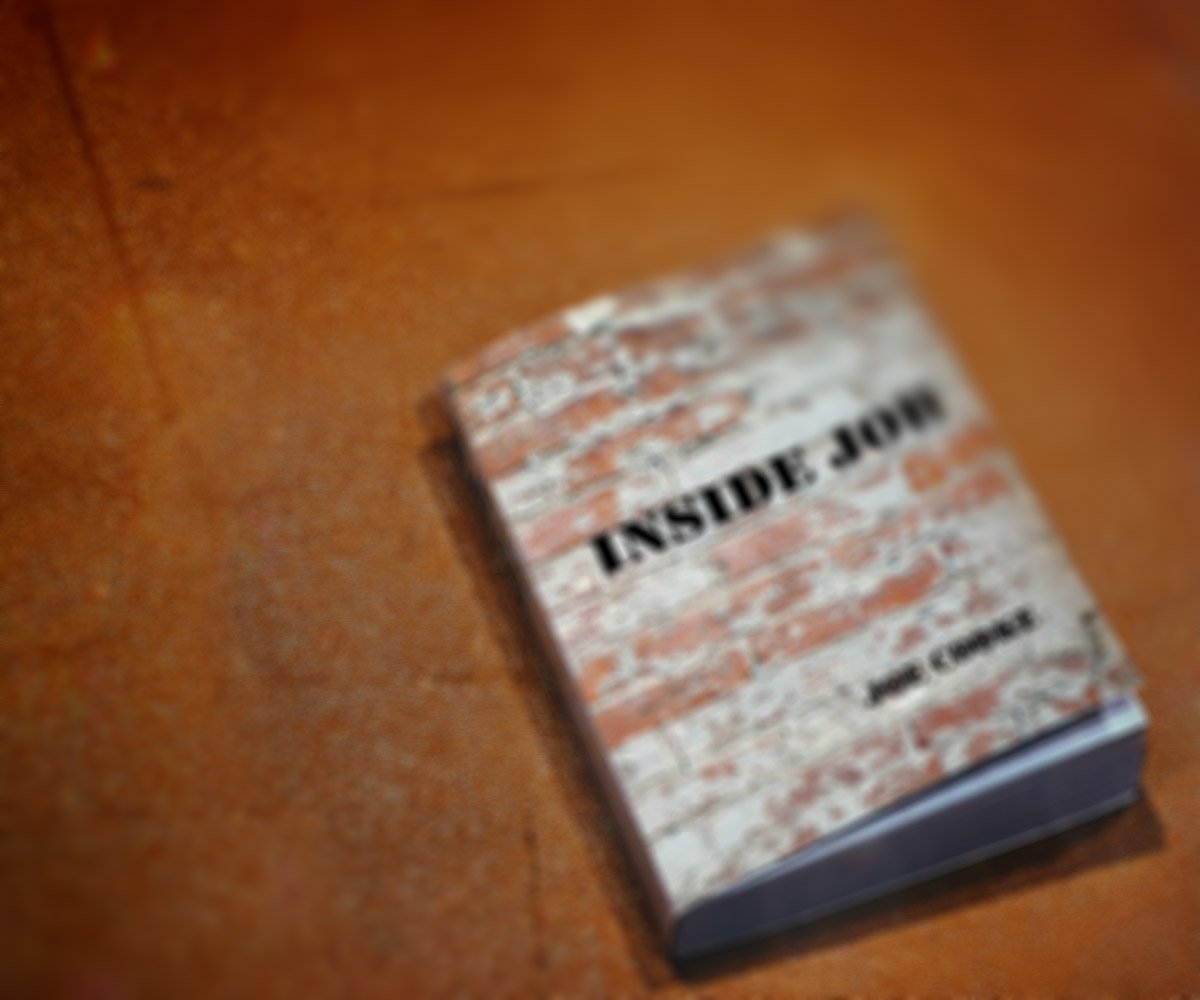
NON–FICTION
Author, teacher, and perrenial student, Joe Cooke brings his varied and rich experiences to his non-fiction work. He writes about life, finances, writing, goal-setting, and meaningful personal accomplishment. From textbook case studies to complete graduate-level coursework, Joe's extensive non-fiction publications cover a wide array of topics and showcase his ability to make complex subjects accessible and easy to understand.
Colleagues as Guinea Pigs
Project-based learning is worth the confusion it may bring to your classroom
June 2015 | Chronicle of Higher Education
If you’re going to experiment with “project-based learning” as a teaching tool in your classroom, why not try it out on your colleagues, too?
That was my thinking, anyway, at a recent conference where I was assigned to introduce a group of educators to Project-Based Learning, or PBL. The theme of the conference was learner-centered instruction, so I had chosen a “jigsaw” approach. I wanted my session to model the subject matter being taught — to use PBL to teach PBL while still retaining control of the classroom. …
Everything I Need to Know I Learned in Prison
How to become a better teacher, even in the toughest of circumstances.
August 2014 | Chronicle of Higher Education
At a dinner party honoring a member of the Romanian armed forces who had recently graduated from West Point, our esteemed guest politely asked me what I did for a living. He seemed shocked when I told him, “I teach college courses to prison inmates.”
“Why would you do something like that?” he asked.
Why? Because of the three significant factors in reducing recidivism, education is the one that we can really do something about. The other two are age (people over 40 are far less likely to commit another crime that lands them in prison) and a spiritual program of some kind. It’s the trifecta of education, maturity, and introspection that is truly effective in changing these men’s lives for the better. …
Mapping Out a Clear Message
A three-step process to organizing your thoughts. Clear writing and clear speaking are a result of clear thinking.
A three-step process to organizing your thoughts.
October 2013 | Toastmaster Magazine
At the beginning of each school term, I hold a short brainstorming session with my students, prompted by the question, “What attributes do you appreciate in a great speaker?” I get lots of shout-outs for presentation, eye contact, movement, variety and other elements of style and voice. Inevitably, we all agree that we appreciate a speech that is well-organized and easy to follow. One approach to effective speech organization that I teach is what I call Cloud Theory. …
Debates and Dialogue in Correctional Settings
Debate and Dialogue in Correctional Settings describes how debate can be integrated into existing classroom activities.
Maps, Models, and Materials
2013 | International Debate Education Association: New York
Debate and Dialogue in Correctional Settings describes how debate can be integrated into existing classroom activities. It offers a new model for debate that emphasizes respectful dialogue, acknowledging counter evidence, and audience participation to facilitate meaningful learning. The model makes extensive use of diagrams, idea maps, and other visual approaches. The DDD model also promotes a range of practical skills, including critical thinking skills, associated more broadly with learning. Perhaps of most utility is the inherent flexibility of the model in meeting the needs of different instructors and classrooms. …
The Power of Publicity
Be savvy and proactive in promoting your club.
Be savvy and proactive in promoting your club
September 2008 | Toastmaster Magazine
There are people in your town right now who need Toastmasters, but they may not even know your club exists! One of your responsibilities as a member is to promote your club and the organization, but that doesn't mean you have to stand on the corner thumping on the Competent Communication manual.
In fact, the best way to promote your club and to increase membership is to show how Toastmasters members can change lives for the better, and the best way to demonstrate this to the public is through publicity. …
How to Add Humor to Any Speech
Learn how to make people laugh. You'll have more fun and the listeners will too!
Learn how to make people laugh. You’ll have more fun and the listeners will, too!
March 2007 | Toastmaster Magazine
Listeners appreciate a little humor, even in a serious speecb. Done incorrectly, humor can be a disaster. Executed correctly, humor lightens the load, eases the burden, and releases tension.
There are three basic methods for adding humor to a speech: Tell a canned joke, tell an original joke, or simply make a wry observation. …
